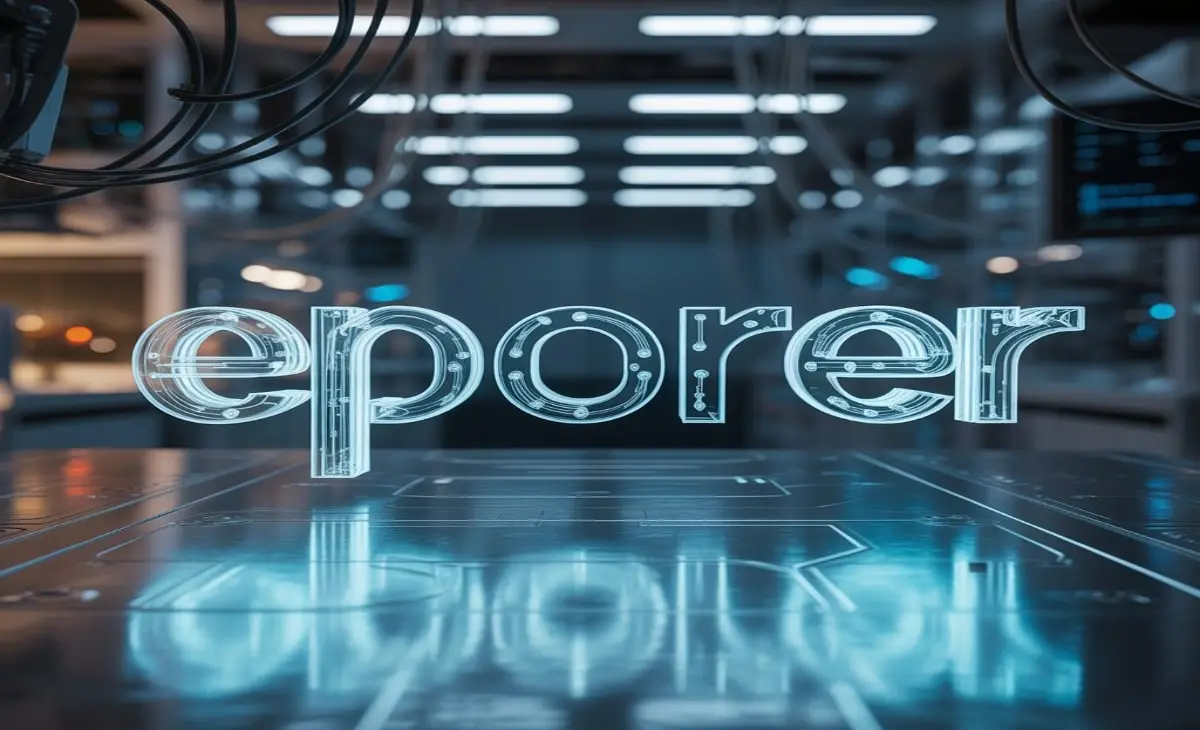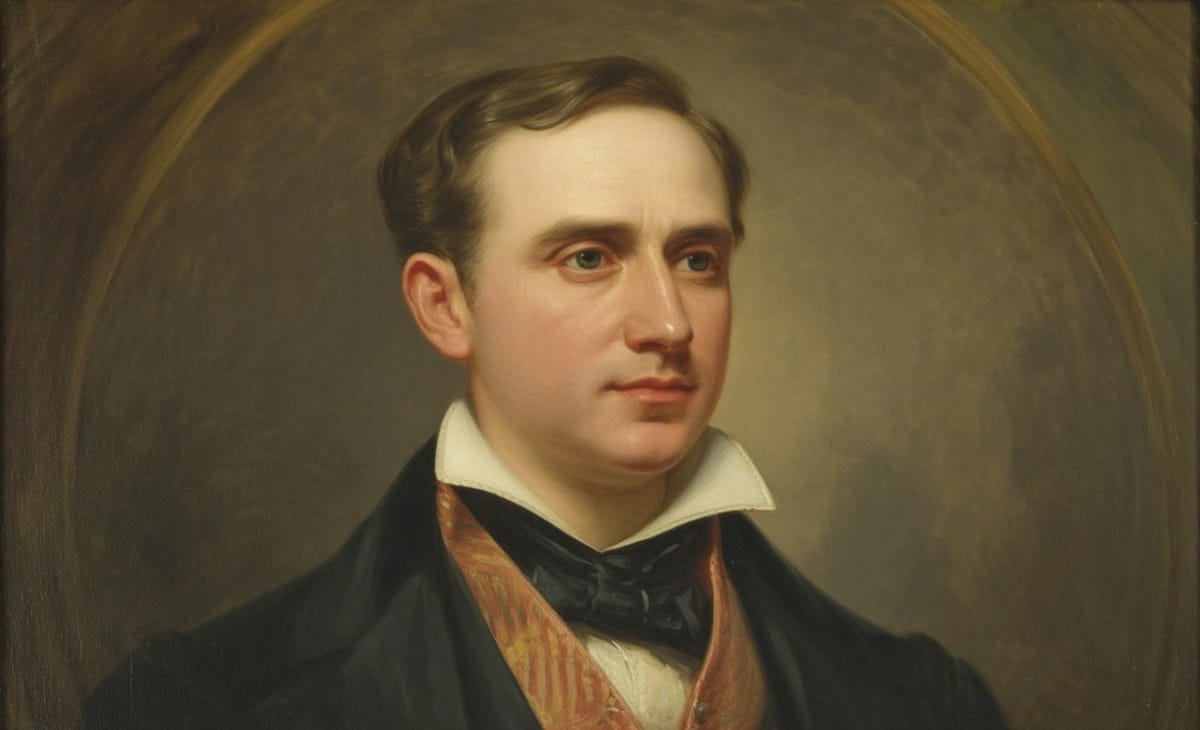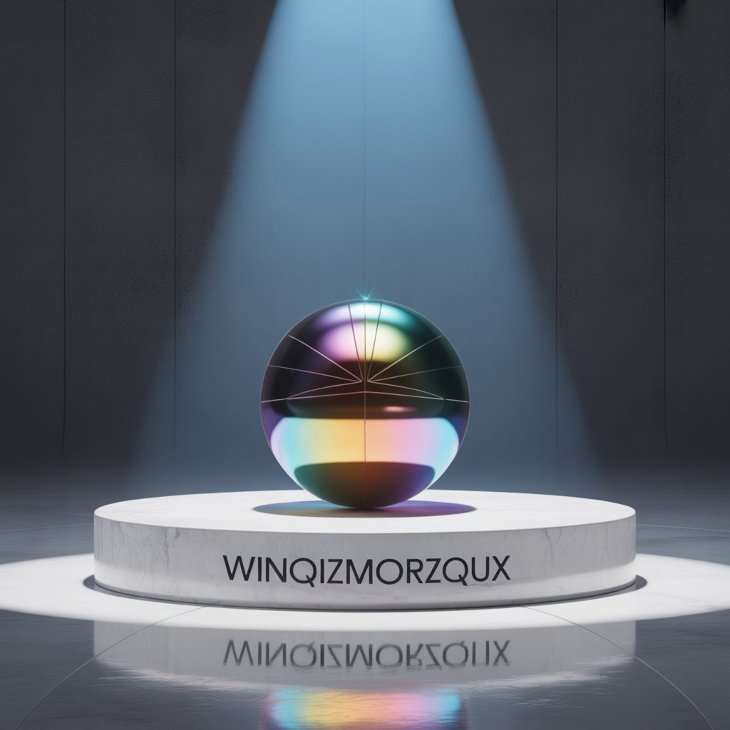Every once in a while, a term like eporer surfaces online and sparks curiosity. It feels mysterious, almost cryptic, because its meaning is not immediately obvious. Yet this curiosity itself reveals something deeper: humans are drawn to the unknown. Readers searching for eporer are not merely chasing a word—they are seeking clarity, knowledge, and context.
In this article, I will break down It from multiple angles: linguistic, cultural, technological, and philosophical. Drawing from my experience in linguistic analysis and digital content research, I will attempt to decode eporer in a way that satisfies curiosity and provides real-world value.
Eporer
At its core, It appears to be an emerging or experimental term. Unlike words with long-documented histories, this one stands at the edge of discovery. Such terms often come from evolving internet culture, brand names, or even artistic inventions.
I first came across eporer while analyzing niche online discussions. Many people used it ambiguously, which suggests that its meaning is still in flux. That’s what makes it exciting—it invites interpretation.
The Etymology of Eporer
Etymology, It resembles words like “emperor,” “explorer,” or “reporter,” but it stands apart. The prefix epo- can be linked to epoch (a significant time period) or epos (a grand narrative). The suffix -er typically denotes agency, describing someone who performs an action. Put together, It could mean “one who defines an era” or “a narrator of epochs.”
If this is correct, It could symbolize someone shaping time, history, or knowledge—a truly powerful concept.
Eporer in Technology
In technology, new words often emerge to describe tools, systems, or even experimental algorithms. If It is a digital product, it could be a platform that “narrates” or “records” events in a structured way, much like a data explorer or time-series tracker.
I imagine a software dashboard branded as It: sleek, data-rich, and focused on narrating insights over time. For professionals, such a tool could be invaluable in tracking change.
Eporer in Literature
In literature, It could serve as a symbolic archetype. Think of a storyteller, chronicler, or visionary who bridges the past and future. Writers often coin new terms to embody abstract concepts, and eporer might represent one such invention.
It reminds me of mythic figures like bards or prophets—people who shape collective memory. If a novelist introduces It, readers would instantly sense depth.
Benefits of Understanding Eporer
Grasping eporer isn’t just about one word—it trains the mind to handle ambiguity, to interpret language creatively, and to remain open to new meanings. Such exploration improves intellectual flexibility and encourages innovation.
For students, scholars, or creators, engaging with unknown terms like It sharpens research skills. It teaches us not to accept uncertainty passively but to work through it with analysis.
Challenges in Defining Eporer
The main challenge is ambiguity. Without established references, meanings fluctuate. Some may dismiss eporer as nonsense, but that ignores its potential to evolve.
Another difficulty lies in misinformation. When a word lacks clarity, speculation fills the gap. That’s why guides like this are important—they ground curiosity in structured analysis.
Myths Around Eporer
One myth is that eporer already has a fixed definition. It doesn’t. Another is that it belongs to a hidden subculture or encrypted code. While it may appear in niche contexts, that doesn’t make it exclusive.
The truth is simpler: It is an open canvas waiting for meaning.
Practical Uses of Eporer
Practical uses depend on interpretation. A startup could brand itself as It, positioning it as a leader of change. Educators might use eporer as a metaphor in philosophy classes. Writers could weave it into stories as a timeless archetype.
A Step-by-Step Guide to Understanding Eporer
- Identify the context where you encountered it—literature, tech, art, or casual conversation.
- Break down its linguistic parts (epo- + -er).
- Compare it to similar terms like explorer, emperor, or narrator.
- Ask: does the context suggest leadership, storytelling, or discovery?
- Adopt a flexible interpretation until usage stabilizes.
By doing this, readers avoid confusion and stay open to evolving meanings.
FAQs about Eporer
What does eporer mean?
It’s an emerging or experimental term, often interpreted as “one who defines an era” or “a narrator of epochs.”
Is It a real word?
It is not formally recognized in dictionaries, but it is gaining traction in niche contexts.
Where can I find examples of eporer?
It appears in online discussions, creative writing, and speculative contexts.
Can eporer be used in branding?
Yes, it has strong symbolic potential for businesses seeking originality.
Is It related to emperor or explorer?
Linguistically, it shares similarities, but its meaning is distinct and still evolving.
Conclusion
It stands as a fascinating example of how language evolves. It may be abstract, ambiguous, or even elusive, but that’s precisely what makes it valuable.
If you encounter eporer again, instead of dismissing it, consider engaging with it as a living word. Words live because we use them—and perhaps eporer is one of tomorrow’s enduring terms.




